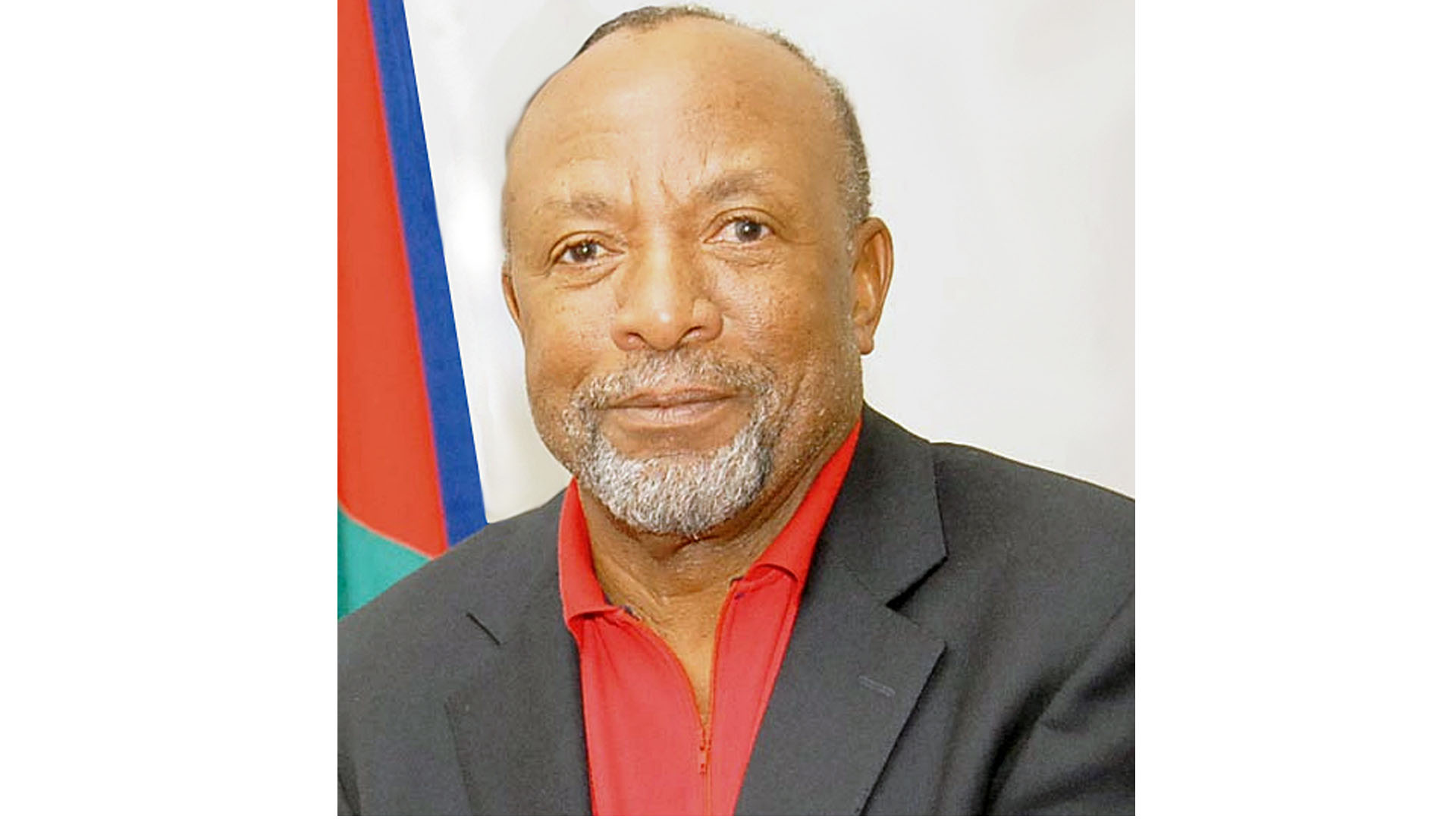Niël Terblanché
President Nangolo Mbumba joined the Namibian nation and people from all over the African continent in commemorating the Day of the African Child.
Day of the African Child is observed on 16 June in memory of the 1976 student uprising in Soweto, South Africa, who stood against an oppressive education system of the Apartheid regime.
President Mbumba highlighted the historic significance of the Soweto uprising, where young South Africans courageously protested against the imposition of Afrikaans as the medium of instruction in schools, a policy aimed at undermining their cultural values and language.
“On this day, more than four decades ago, young South Africans, through an act of unprecedented bravery, took to the streets of Soweto to protest the enforcement of a discriminatory education system. Today, we remember their bravery and courage, as they exemplified leadership by demanding the recognition of their rights. In the face of adversity, they put their lives on the line to influence the policies of their time and shape the future we enjoy today,” Mbumba said.
The theme for this year’s commemoration is “Education for All Children in Africa: The Time is Now,” a call to action that underscores the urgent need to ensure access to quality education for every child on the continent.
President Mbumba reiterated the importance of education in Africa’s development, aligning with the aspirations of Agenda 2063, which envisions a prosperous and united Africa driven by its citizens.
He said that Namibia has made significant strides in providing education for its children, including the provision of free primary and secondary education.
The government’s commitment to education is reflected in its budget allocations, where the education sector receives the largest portion, highlighting the nation’s prioritisation of education as a cornerstone of sustainable development.
“Our dedication towards the cause of education is reflected in the budget allocation, with the education sector receiving the largest portion, thereby underscoring our nation’s prioritisation of education as a cornerstone of sustainable development,” Mbumba noted.
Efforts to expand educational infrastructure aim to enhance the learning experience for all children across the country.
However, despite these achievements, Namibia, like many African countries, faces significant challenges in the education sector.
Economic barriers, infrastructural deficits, gender disparities, and cultural practices continue to hinder access to quality education for many children.
President Mbumba stressed the need for a multi-stakeholder approach to addressing these challenges, ensuring that marginalised groups, including children with disabilities and girls, receive targeted support, while also ensuring that boys are not left behind.
“It is imperative that we prioritise investment in the sector and enact policies to provide targeted support for marginalised groups, including children with disabilities and girls while ensuring that the boy child is not left behind,” he said.
The Day of the African Child: A Historical Perspective
The Day of the African Child was established by the Organisation of African Unity (OAU), now the African Union (AU), in 1991 to raise awareness of the plight of African children and to promote the rights to education and welfare for all children on the continent.
Each year, the commemoration focuses on a specific theme, highlighting pressing issues facing African children and advocating for solutions to these challenges.
President Mbumba’s call to action echoes the broader goals of the African Union’s Agenda 2063, which envisions a continent where every child has access to quality education and the opportunity to reach their full potential.
Namibia stands in solidarity with other African nations in the pursuit of an inclusive and equitable education system for all children.
The Day of the African Child serves as a powerful reminder of the importance of education in shaping the future of the continent.




